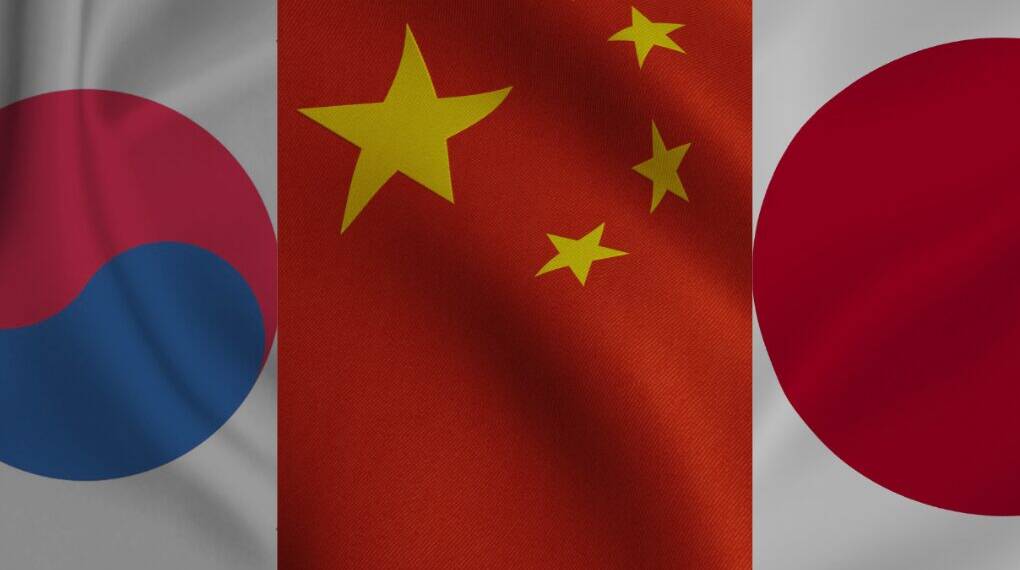Amid escalating trade tensions, the United States has announced sweeping 25% reciprocal tariffs on key imports from its close allies Japan and South Korea, effective August 1. While the move marks a serious setback in Washington’s trade relations with Tokyo and Seoul, analysts say it’s unlikely to drive either country closer to China—though it does open a diplomatic window for Beijing.
The new tariffs, announced by U.S. President Donald Trump, target major exports including cars and steel, and arrive amid stalled negotiations over market access, tech regulations, and trade deficits. Despite the pressure, both Japan and South Korea remain firmly rooted in their strategic alliance with Washington, even as they cautiously seek more stable economic ties with Beijing.
“Tariff tensions might lead to more diplomatic maneuvering, but Tokyo and Seoul will not abandon the U.S. alliance,” said Zhang Yun, a professor of international relations at Nanjing University. However, he noted that Beijing may seize this moment to expand trilateral cooperation.
Beijing is already preparing for key diplomatic engagements, including a trilateral leaders’ summit hosted by Japan this year, APEC meetings in Seoul in October, and another in Beijing in 2026. These events offer China a chance to promote economic ties, even as it remains wary of U.S.-led defense cooperation in the Indo-Pacific.
Despite years of growing military and economic collaboration between Washington, Tokyo, and Seoul to counter China’s assertiveness, both Asian nations have also sought to hedge against American unpredictability by improving ties with China. But the current tariffs—while economically painful—are not expected to change the strategic calculus.
“Japan and South Korea may welcome Chinese trade overtures, but they are aware of the political strings attached,” said Stephen Nagy, a professor at Tokyo’s International Christian University. “Beijing’s friendliness is part of a classic wedge strategy, and neither capital is naïve.”
Japanese Prime Minister Shigeru Ishiba responded cautiously to the tariff announcement, calling for a deal that “benefits both sides” but insisting that Japan won’t make “easy concessions.” With a key upper house election looming on July 20, Ishiba must balance public pressure with the need to preserve vital U.S. trade ties.
Tokyo remains particularly concerned about a 25% tariff on car exports—an industry pillar—and is pushing to reduce or eliminate it. Ishiba said recent dialogue helped Japan avoid even steeper duties, initially threatened at 30-35%.
In Seoul, officials are also seeking relief. South Korea faces 25% tariffs on cars and a steep 50% levy on steel. Its industry ministry vowed to “intensify efforts” for a fair outcome and pledged to refine tech regulations to reduce trade friction.
Still, deeper security collaboration with Washington remains unshaken. “Tariff disputes won’t undermine trilateral defense ties,” said Ma Bo, an expert in U.S.-China relations at Nanjing University. He emphasized that Tokyo and Seoul have steadily distanced themselves from China in recent years, especially on security issues involving North Korea and the South China Sea.
Looking ahead to the trilateral summit with China, analysts expect Japan and South Korea to avoid framing the talks as anti-U.S., instead focusing on shared economic interests, digital cooperation, and public health.
Despite the rhetoric, both nations are expected to avoid being drawn into a U.S.-China trade rivalry. As Ma Bo noted, “They’ll use diplomacy, not defection, to navigate the fallout.”








